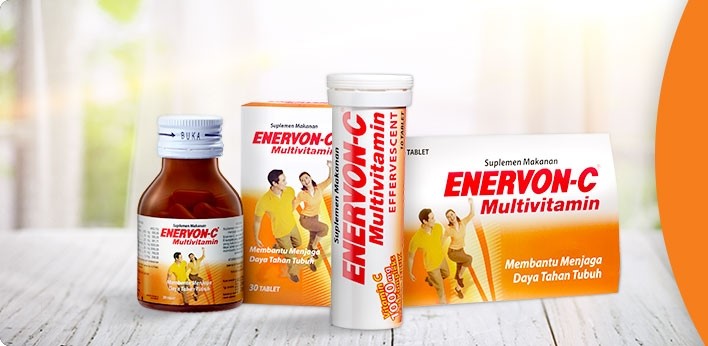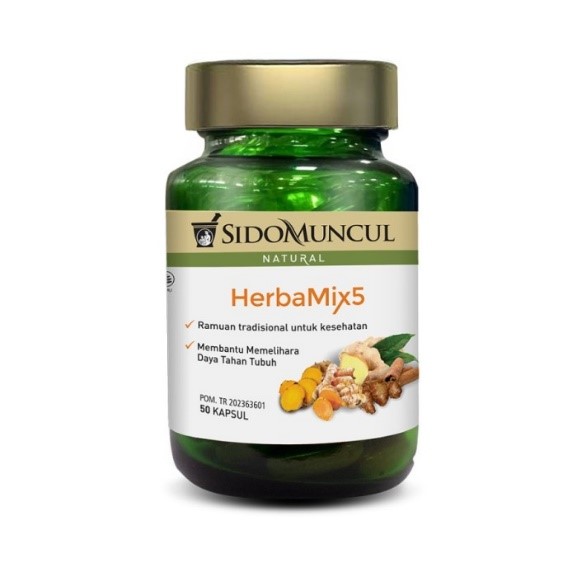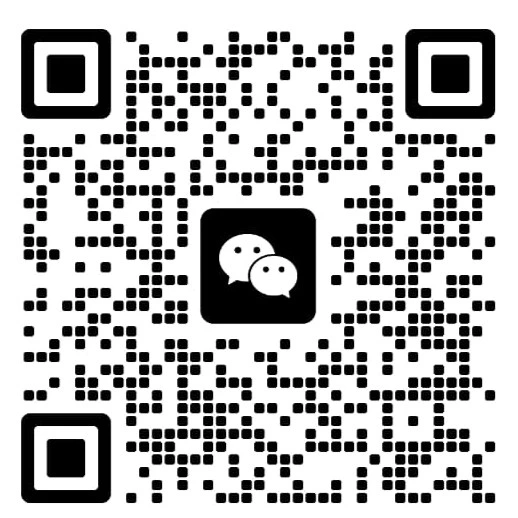The Indonesian market presents significant opportunities for food supplements due to its large population and increasing awareness of health and wellness. However, entering this market involves navigating the regulatory framework established by BPOM (Badan Pengawas Obat dan Makanan or the National Agency of Drug and Food Control). This guide provides a comprehensive overview of the requirements, processes, and considerations for food supplement registration in Indonesia, emphasizing compliance with BPOM regulations to ensure successful product entry.
Understanding Food Supplement Regulations in Indonesia
Indonesia’s regulatory framework for food supplements aligns with the ASEAN Harmonization Regulation on Traditional Medicines and Health Supplements (TMHS). However, the country has tailored its definition to fit its domestic market. Under Indonesian law, food supplements are products designed to complement nutritional needs, maintain or improve health, and contain ingredients such as vitamins, minerals, amino acids, or plant-derived substances. These supplements are not classified as food, making their registration process distinct. The Directorate of Health Supplement Evaluation under BPOM oversees the registration of health supplements. This body ensures that all imported and locally produced food supplements meet safety, quality, and efficacy standards before they reach consumers. This process involves a rigorous evaluation of clinical data, safety standards, and manufacturing quality control to comply with food supplement approval Indonesia guidelines.

Classification of Food Supplements in Indonesia
The classification of food supplements in Indonesia is vital in determining the appropriate regulatory pathway for registration and approval. Understanding these classifications helps businesses comply with the guidelines set forth by the Indonesian Food and Drug Authority (BPOM) and ensures that products meet safety, efficacy, and quality standards. This is especially critical for ensuring smooth food supplement registration in Indonesia processes and adherence to regulatory norms. BPOM classifies food supplements based on their ingredients, intended use, and claims. Each category has specific guidelines and regulatory scrutiny, which impacts the approval process for food supplements in Indonesia. Here are the main categories:
Vitamin and Mineral Supplements
These products contain specific vitamins or minerals to address nutritional deficiencies or promote general health. Examples include supplements for Vitamin D, calcium, or iron. Products in this category often have well-established safety profiles but must undergo documentation reviews to confirm compliance with BPOM standards.
Amino Acid Supplements
These include products with essential amino acids crucial for various bodily functions such as muscle repair, protein synthesis, and metabolic support. Proper classification under this category is important for products targeting fitness enthusiasts or individuals with dietary restrictions.
Plant-Based Supplements
Supplements derived from herbal or botanical sources fall into this category. These products, such as ginseng or turmeric extracts, often claim various health benefits, including immune support and anti-inflammatory properties. BPOM ensures such products are free from harmful contaminants and meet food supplement import/export Indonesia requirements.

Combination Products
Combination supplements include vitamins, minerals, and other active ingredients tailored for broader health benefits. Due to their diverse composition, they are often marketed for comprehensive wellness and may involve more complex evaluations during the registration process.
Accurate classification is critical in the registration process for food supplements in Indonesia. It helps businesses identify the correct regulatory pathway, prepare documentation, and meet BPOM’s safety and efficacy standards. Products with active ingredients that significantly impact physiological functions undergo stricter scrutiny. Misclassification could lead to delays, rejection of applications, or even penalties.
Key Requirements for Food Supplement Registration in Indonesia
Food supplement registration in Indonesia requires comprehensive documentation to ensure that products meet the safety, efficacy, and quality standards mandated by BPOM. These requirements are divided into administrative, technical, and additional documents, each addressing specific aspects of the product’s compliance. Proper preparation and submission of these documents are critical to obtaining food supplements approval in Indonesia and facilitating the food supplements import/export process in Indonesia.
1. Administrative Documents
Administrative documents establish the credentials of both the manufacturer and the local importer, proving their legitimacy and compliance with legal requirements. BPOM mandates the submission of the following:
- Import Permit: This document authorizes the local importer to import the food supplement into Indonesia.
- Power of Attorney: A legal declaration from the manufacturer designating the importer as their official representative for handling the registration process in Indonesia.
- Free Sales Certificate: This certificate, legalized by the Indonesian embassy in the country of origin, proves that the food supplement is already being sold legally in its home market.
- Good Manufacturing Practice (GMP) Certification: GMP compliance demonstrates that the manufacturer adheres to internationally recognized quality standards, ensuring the safety and reliability of the product.
- Taxpayer Identification Number (NPWP): This ensures the importer complies with Indonesia’s tax regulations.
- Trading Business License (SIUP): Verification of the importer’s legitimacy and operational compliance is required.
2. Technical Documents
Technical documents detail the product’s composition, intended use, and manufacturing process. These documents provide BPOM with a deeper understanding of the product’s characteristics and are crucial for regulatory evaluation:
- Ingredient Matrix: This is a detailed list of active and inactive ingredients, highlighting their roles and concentrations. The accuracy of this matrix is essential for assessing compliance with BPOM standards.
- Directions for Use: Includes comprehensive instructions regarding dosage, usage warnings, contraindications, and any necessary precautions to ensure safe consumer use.
- Manufacturing Process: This document provides a step-by-step breakdown of how the food supplement is produced, from raw material selection to the final product. It assures BPOM of the product’s quality and consistency.
- Stability Study Results: Conducted under Zone IV conditions (30°C ± 2°C, 75% RH ± 5%) for a minimum of six months, these studies demonstrate the product’s stability and shelf-life under tropical environmental conditions.
3. Additional Documents
For products requiring further safety evaluations, BPOM mandates the submission of additional documents to ensure consumer safety:
- Safety Test Certificate: This includes organoleptic, physical-chemical, and microbial tests to verify the product’s integrity and absence of contaminants.
- Toxin Content Test: This test evaluates the presence of harmful toxins in supplements containing ingredients with limited safety data, ensuring the product is safe for human consumption.
These additional documents are often required for plant-based or novel supplements, where more stringent evaluations are necessary to meet BPOM’s regulatory standards for food supplements imported/exported in Indonesia.
The Food Supplement Registration Process in Indonesia
Registering food supplements in Indonesia with BPOM is a multi-step procedure to ensure that all products entering the market meet strict safety, quality, and efficacy standards. This rigorous process is essential for securing food supplements registration Indonesia approval and facilitates seamless food supplements import/export Indonesia activities.
1. Pre-Assessment: Ensuring Completeness
The registration process begins with the pre-assessment phase, which focuses on evaluating the completeness and accuracy of the submitted documentation. During this stage:
- Document Review: BPOM officials carefully examine the submitted administrative, technical, and additional documents to confirm that they meet regulatory standards.
- Categorization: The pre-assessment determines the product’s classification under BPOM regulations based on its ingredients, intended use, and claims.
This stage typically takes around 20 working days. However, BPOM may request additional information or clarifications, extending the timeline. The pre-assessment results dictate whether a product qualifies to move forward in the food supplements registration Indonesia process. The pre-assessment is a vital checkpoint for applicants to identify and address any discrepancies before entering the detailed evaluation phase, reducing the risk of delays during subsequent steps.
2. Assessment: Comprehensive Evaluation
Once a product successfully passes the pre-assessment, it proceeds to the assessment stage, where BPOM thoroughly evaluates its safety, efficacy, and compliance with regulatory requirements. This phase involves several key aspects:
- Clinical Data Review: BPOM examines clinical trials or scientific studies supporting the product’s health claims, ensuring that reliable data substantiate these claims.
- Manufacturing Quality: The product’s adherence to Good Manufacturing Practices (GMP) is scrutinized, including detailed manufacturing process reviews and stability test results conducted under Zone IV tropical conditions.
- Safety Analysis: Toxicology reports, contaminant analyses, and other safety evaluations are assessed to confirm the absence of harmful substances.
The assessment stage can take six months to a year, depending on the product’s complexity and the submitted documents’ completeness. Applicants must ensure that all materials are precise and fully aligned with BPOM’s requirements to avoid unnecessary delays.
3. Post-Registration and License Validity
After completing the food supplements approval Indonesia process, BPOM issues a license allowing the product to be marketed within the country. Key points about post-registration include:
- License Validity: The product license is valid for five years. During this period, the product must consistently comply with BPOM standards.
- Renewal Process: License renewal is required before the five-year period expires. Renewal involves submitting updated documentation to reaffirm that the product complies with food supplement registration regulations in Indonesia.
- Amendments: If the product’s formulation, packaging, or labeling is significantly changed, an amendment application must be submitted to BPOM. Major modifications may require a new registration process.
Consequences of Non-Compliance with BPOM Regulations
Non-compliance with the regulations established by BPOM can have serious implications for manufacturers and importers involved in the registration of food supplements in Indonesia. These consequences hinder market access and pose significant legal and reputational risks for businesses.
Rejection of Registration
One of the immediate consequences of non-compliance is the rejection of the registration application. BPOM meticulously reviews all documentation during the food supplements approval Indonesia process, and any discrepancies, such as incomplete, inaccurate, or outdated submissions, can lead to an outright denial. This rejection delays the product’s entry into the market and may necessitate additional time and resources to correct errors and resubmit. These delays can be costly for businesses eager to capitalize on market opportunities.
Market Withdrawal
For products that manage to gain initial approval but later fail to meet ongoing compliance standards, BPOM has the authority to enforce market withdrawal. This can occur if safety concerns arise, such as contaminants or undisclosed ingredients, or if the product fails to maintain quality standards. A market withdrawal disrupts business operations and undermines consumer confidence in the brand, particularly damaging in the highly competitive food supplement sector.
Legal Penalties
Non-compliance with BPOM regulations can also result in significant legal ramifications. Importers and manufacturers may face fines, sanctions, or legal action for violating regulatory standards. These penalties can be particularly severe in cases involving public health risks or fraudulent practices, such as false labeling or unsubstantiated health claims. Adhering to food supplement registration in Indonesia and import/export in Indonesia guidelines is crucial to avoid these legal complications.
Reputational Damage
In the competitive landscape of the health and wellness industry, reputational integrity is vital. Non-compliance with BPOM regulations impacts immediate business operations and damages a brand’s credibility in the eyes of consumers and stakeholders. News of regulatory violations or unsafe products can spread quickly, eroding trust and reducing market share. Maintaining full compliance with food supplement approval Indonesia standards ensures that brands uphold their commitment to quality and safety, essential for building long-term consumer loyalty.
Conclusion
Registering food supplements for the Indonesian market involves navigating a detailed regulatory framework governed by BPOM to ensure product safety, efficacy, and quality. The process includes critical steps such as document submission, pre-assessment, assessment, and ongoing compliance with stringent standards. Key requirements span administrative, technical, and safety evaluations aimed at protecting public health. Adhering to BPOM guidelines for food supplement registration in Indonesia, food supplement approval in Indonesia, and food supplement import/export in Indonesia is essential to avoid consequences such as market withdrawal, legal penalties, and reputational damage. By meeting these requirements, manufacturers and importers can ensure smooth market entry, build consumer trust, and expand their domestic and international business opportunities.



